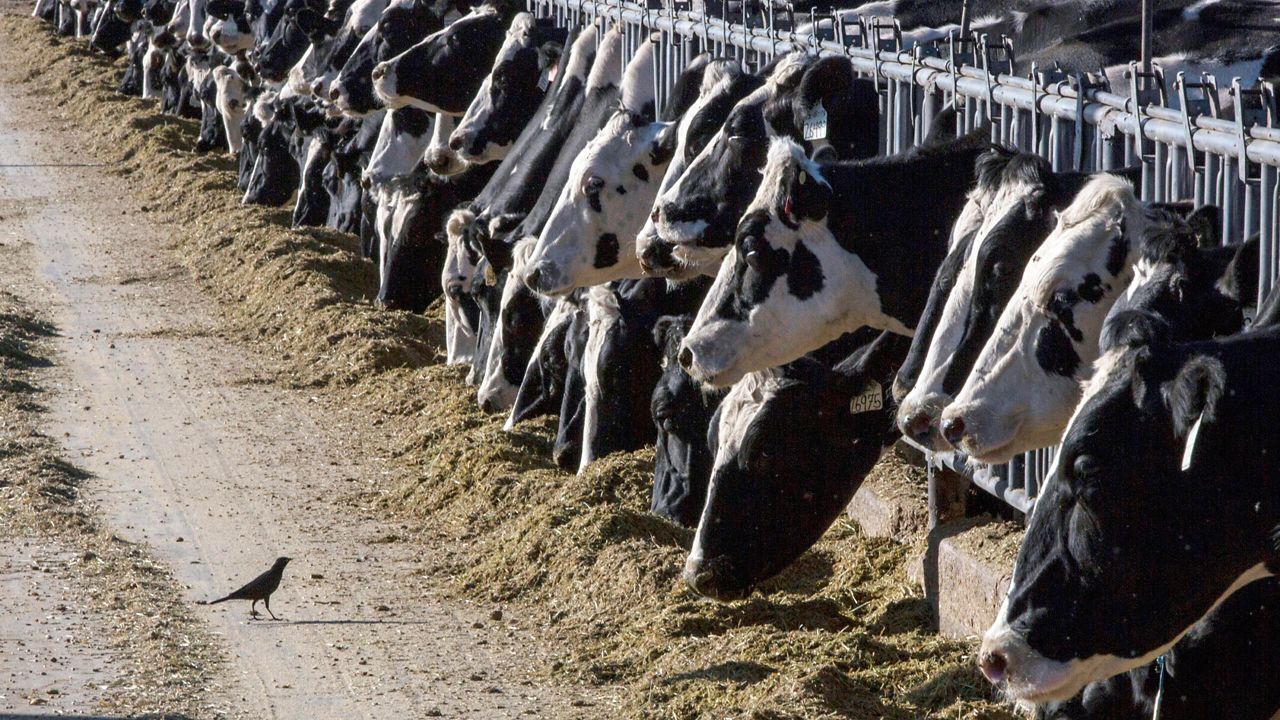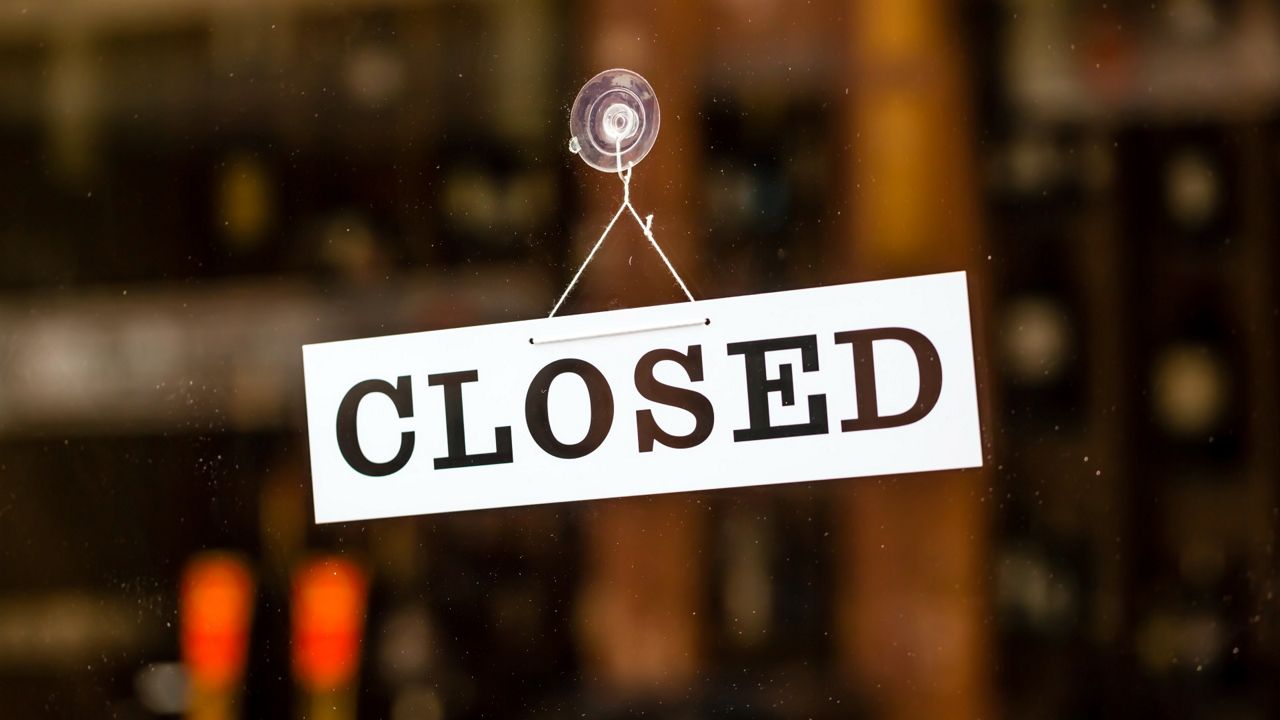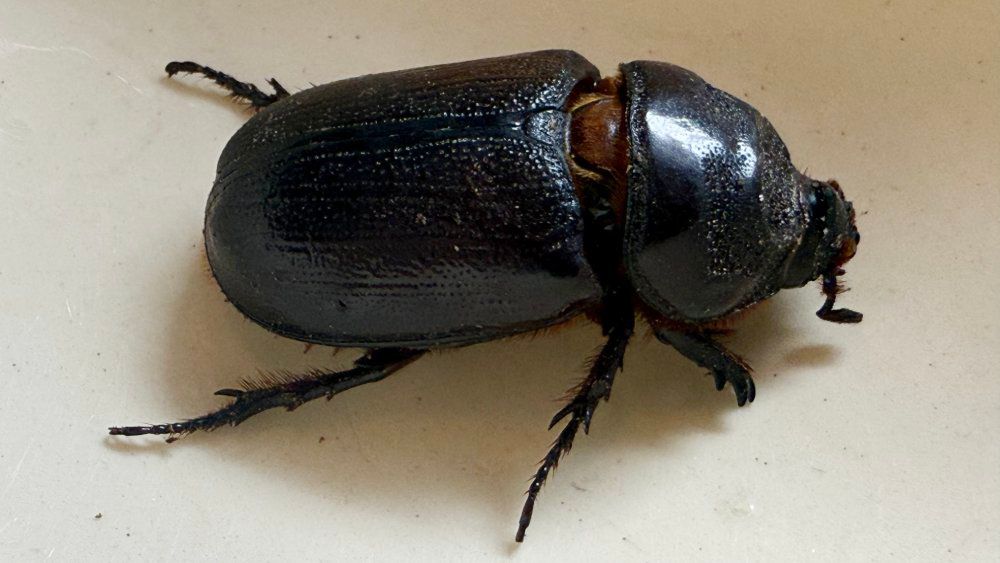HONOLULU — The Hawaii Department of Agriculture is imposing new restrictions on the transport of cattle into the state from areas where highly pathogenic avian influenza (HPAI) has been detected.
In cows, HPAI can cause low appetite and lower milk production. According to the U.S. Department of Agriculture, migratory birds are believed to be the source of infection where the disease has been detected in Texas, Kansas, New Mexico, Idaho, Ohio and Michigan. However, the spread of the disease in Michigan may also be due to transmission between cattle, the USDA reported. There have been 21 cases of cattle infected by the virus so far in 2024, indicating a slowing of transmission.
So far, the disease has not been detected in Hawaii.
“The Animal Disease Control Branch has been closely monitoring this situation and is establishing these restrictions to help protect Hawaii’s livestock,” said Sharon Hurd, chairperson of the Hawaii Board of Agriculture. “To date, HPAI has not been detected in birds, poultry, livestock or other animal species in Hawaii.”
HDOA already requires certificates of veterinary inspection issued by an accredited veterinarian for imported cattle. Effective Friday, health certificates must include a statement by the veterinarian affirming that all animals have been personally inspected and do not originate from areas where HPAI has been detected or is suspected.
Even if cattle originate from areas where HPAI has not yet been detected, they must still be inspected within 72 hours of shipment and determined free of HPAI infection.
The state already restricts the import of poultry and birds originating from areas reporting significant outbreaks of the disease.
While human infection with this particular strain (HPAI-A or H5N1) of the disease is extremely rare, the Texas Department of State Health Services confirmed earlier this month that a person had contracted HPAI following exposure to infected cattle. The only previous detection of the disease in a human was in 2022 in Colorado.
Overall, human infection with avian influenza is relatively rare and is typically due to exposure to sick or dead infected poultry, according to the Centers for Disease Control and Prevention.
Michael Tsai covers local and state politics for Spectrum News Hawaii. He can be reached at michael.tsai@charter.com.








